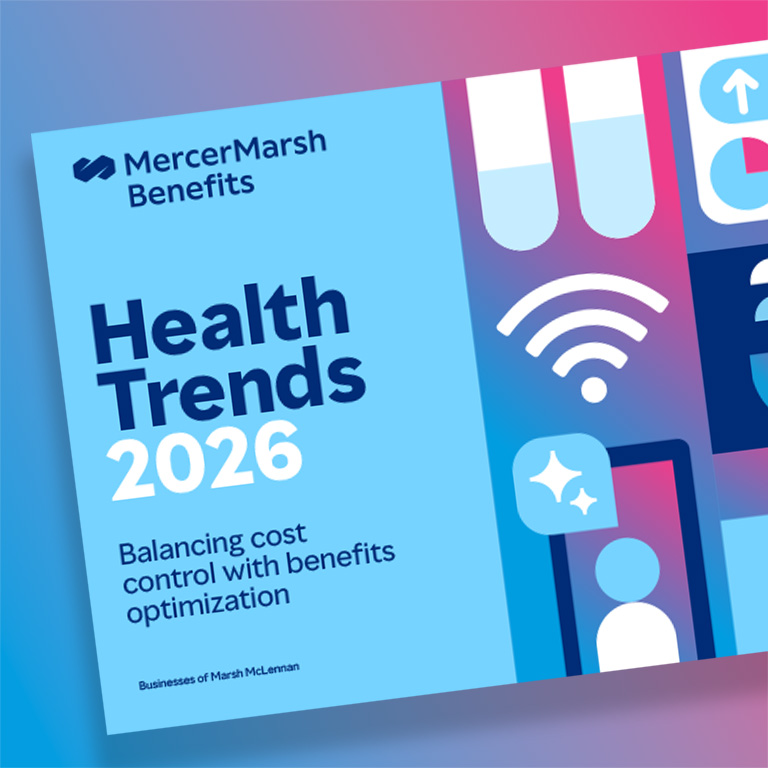September 09, 2020
As the workforce in Thailand gradually returns to workplaces with the easing of Covid-19 restrictions, many businesses do so with deep reflections about their lockdown experience and concerns of the post-Covid-19 future. Wimon Changthongkham, Mercer Marsh Benefits Leader, Thailand shares three key observations that are the top of minds for the HR community.
Employee Engagement
Throughout my communications with clients, especially those in HR roles, a common worry stood out: employee engagement.
When many employees were working from home, a top concern was managing their mental well-being. Many Thais, after all, have multiple responsibilities at home and a work-from-home arrangement was a completely new working environment with its own dynamics. There were also issues of having the right technologies and sufficient support for effective remote working. Some companies, for example, had struggled with equipping every employee with laptops and stable internet access.
Businesses are now thinking hard about a future that could look very different to pre-pandemic times. They are rethinking the role of office spaces and staying open to the possibility of having flexible working arrangements for the long term. They are considering what employee profiles are suitable or can even benefit from flexible working. In many ways, this is reflective of the accelerated shifts in mindsets I have observed on a regional and global level.
Employee Communications
While envisioning a future where more Thais work from home more frequently, many clients are of the view that flexible benefits will best serve the needs of such a workforce. It makes great sense: every individual employee, especially when they shift to more flexible working hours and arrangements, will have very different needs. There will be many gaps in fulfilling these needs under a more traditional benefits plan.
This was apparent during the lockdown where I learned of HR teams that had turned to manual “top-up” plans as a workaround to serve their workforce. Many clients recognize the immense value of flexible benefits, but the pandemic’s financial impact has shifted many to focus, instead, on the cost of their current benefits plans. Some, understandably, wish to reduce their benefits, but my team will always emphasize the importance of communications to employees — the “why” and “how” must be clear. These efforts pay off: these clients have given feedback that their employees understood the need for such measures.
In several renewal discussions, some clients expected reductions in premiums after having better loss ratios compared to previous years, from the usual ~80% claims rate to about 50–60% instead. Our advice would be to take into account how the Covid-19 restrictions had changed employee needs and behavior to cause such a reduction in medical/accident claims. With the easing of restrictions and subsequently change in employee behavior, it is likely for the claims to rise back to their usual rates.
A Shift towards Digital
During the lockdown, many businesses saw firsthand the value and importance of going digital. While many already knew of the benefits of digitization pre-pandemic, remote-working conditions had spotlighted the areas where the business could go digital. It also gave them a clear look at the efficiency of a more digital future.
Given the unprecedented nature of the pandemic, some insurers had temporarily allowed for paperless claims. This has renewed interests to have insurers change their wording requirements for supporting claims with paper documents, but the potential for fraud remains a roadblock. A viable solution is (unsurprisingly) digital, such as using cashless programs that directly invoice the insurer. As more businesses invest in digitization and building robust digital infrastructure, it is more likely than not we will start having more than one insurer accepting paperless claims.
In many ways, the pandemic’s impact on businesses has catalyzed and accelerated many of the trends that we have observed. As a risk consultant, I feel privileged to able to help clients navigate through these changes for a brighter, post-pandemic future.



